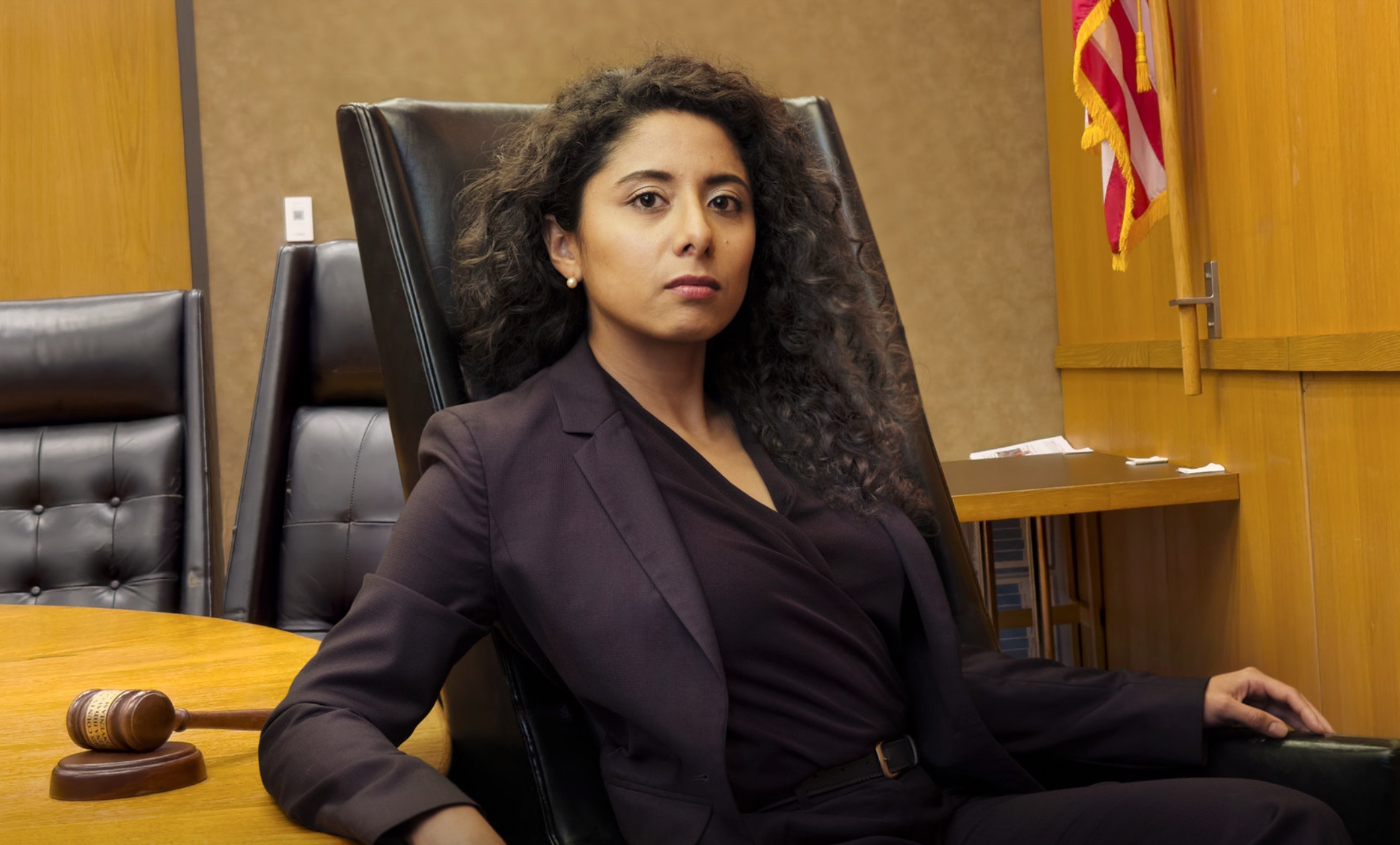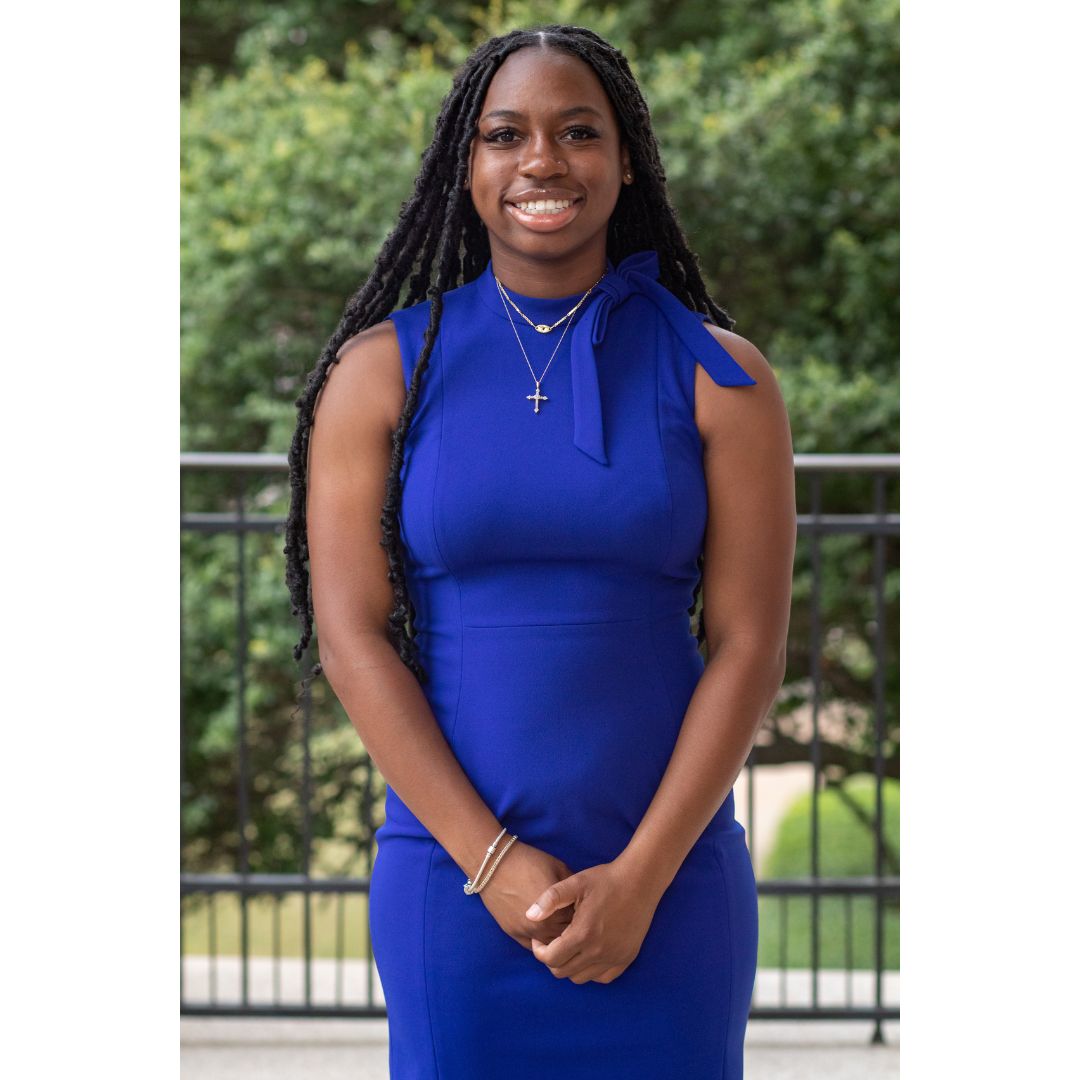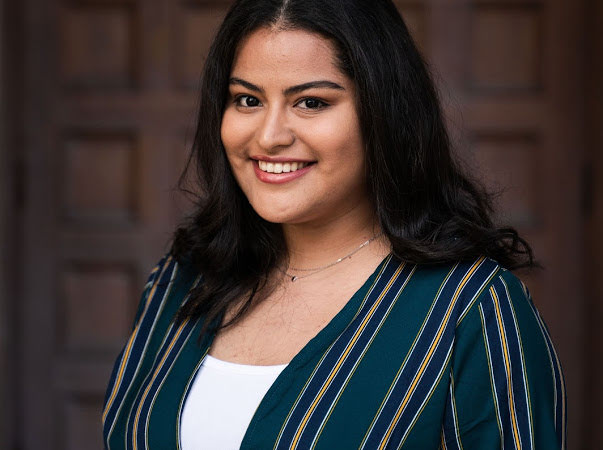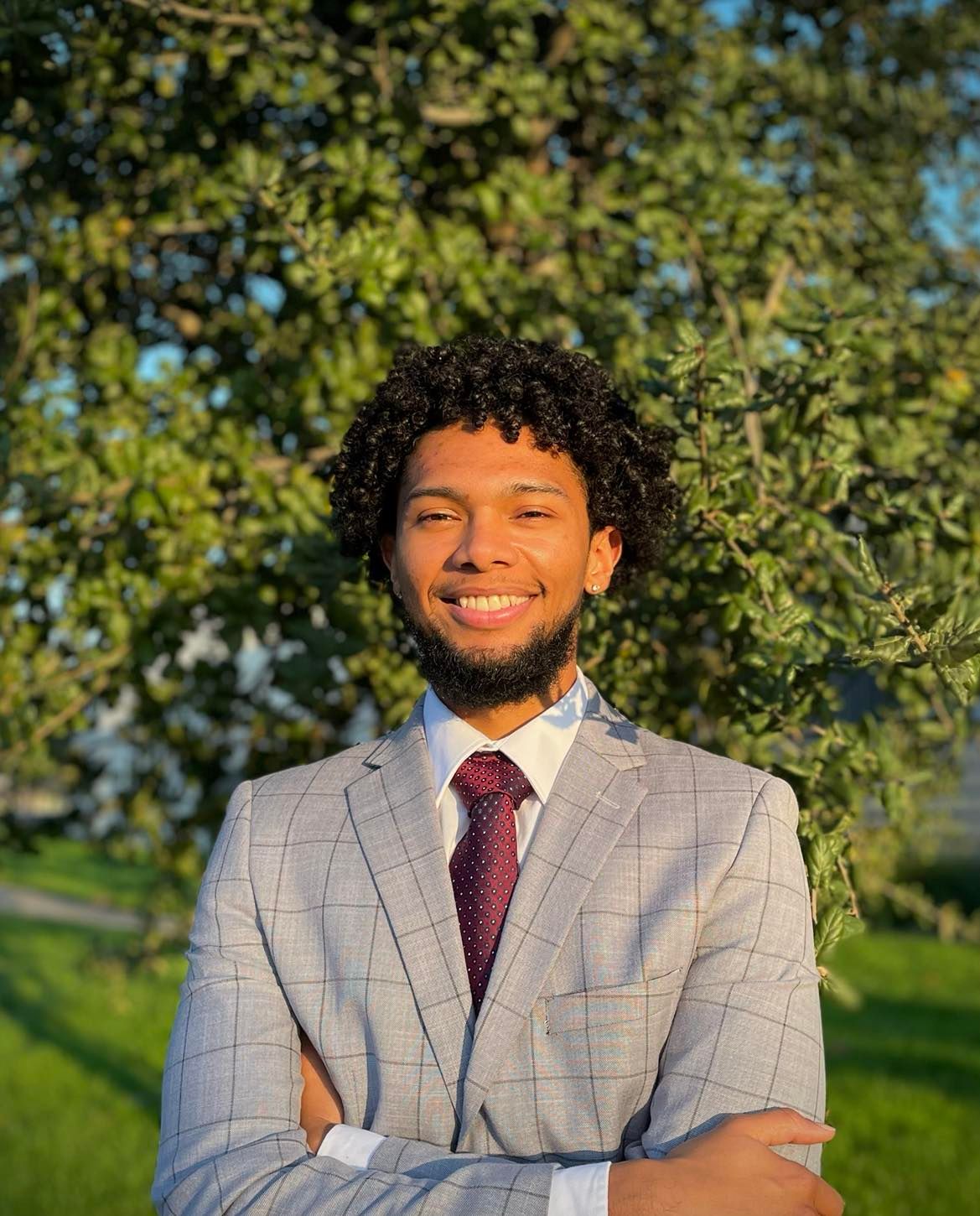The most powerful progressive is a 32 year Latina judge from Texas
Say It Louder
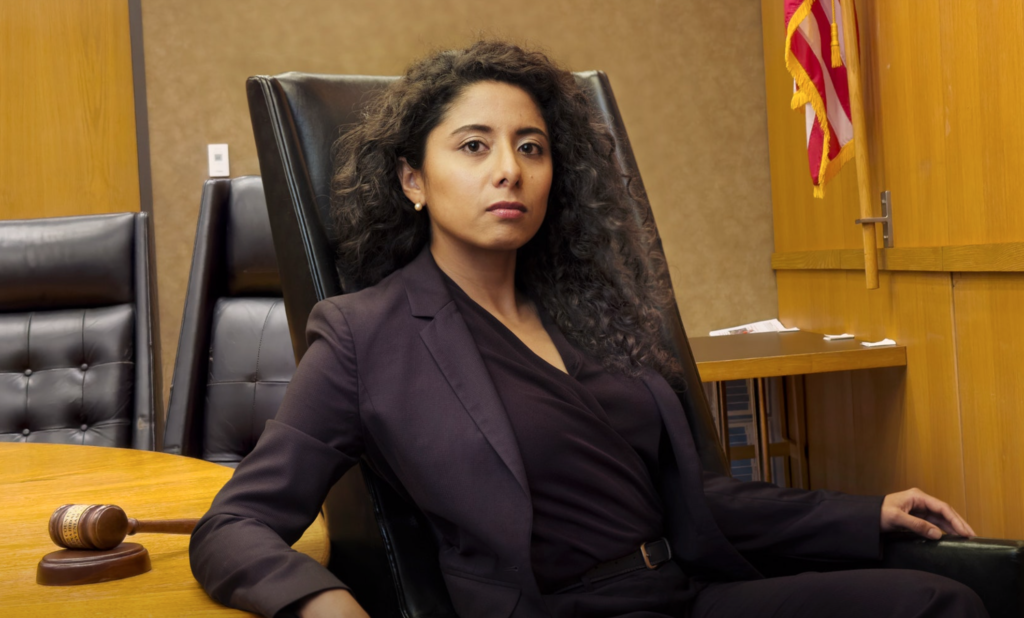
Lina Hidalgo had just touched down in Vancouver when she got the call from one of her staffers; the National Weather Service had issued a warning about a “large, extremely dangerous and potentially deadly” tornado heading toward Houston. The damage was expected to be severe. As soon as Hidalgo’s connection to Houston landed, could she head straight to the affected area? She could and did, surveying the downed power lines and near- devastated homes—roofs ripped clean off, debris choking grassy yards and untended corners. She signed a disaster declaration and coordinated with local nonprofits to offer insurance aid to those affected, including undocumented families—“I was briefed during my layover, and I was immediately like, ‘I need to talk to the community,’ ” she says.
Two of the towns hit hardest by the tornado happened to have Republican mayors, and Hidalgo reached out to both so that they could comfort constituents together. “We agreed to meet in one of our most affected areas,” says Jeff Wagner, the Republican mayor of Pasadena, a municipality just southeast of Houston. “As we walked through the neighborhood, crews were already hard at work picking up the debris in front of people’s homes. I expressed to her how important a quick response was and she agreed, and offered to send county cleanup crews to assist.”
Read the Story on Vogue
The first ever Black woman was just confirmed to the Eleventh Circuit
More of This
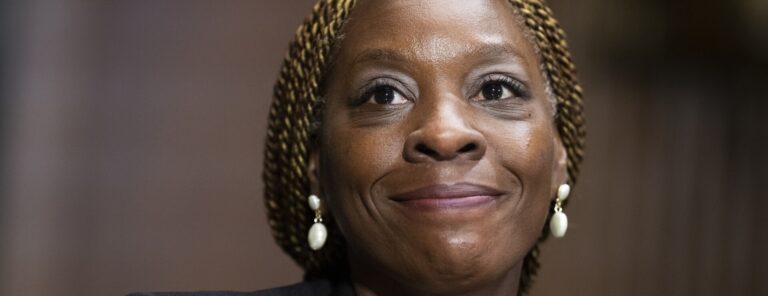
Civil rights lawyer Nancy Abudu has been confirmed to the US Court of Appeals for the Eleventh Circuit, where she will be the first Black woman to sit on the Atlanta-based court.
The Senate confirmed Abudu 49-47 on Thursday amid GOP criticism of her work with the Southern Poverty Law Center, where she served as deputy legal director and interim director for strategic litigation.
She waited over a year for a confirmation vote, and was delayed in recent months by the absence of Sen. Dianne Feinstein (D-Calif.) for health reasons. Abudu was opposed by Sen. Joe Manchin (D-W. Va.), in a rare Democratic defection against one of President Joe Biden’s judicial nominees.
Abudu, 48, has litigated voting rights cases across the Deep South and at the national level for the SPLC and the American Civil Liberties Union. She’s challenged felon disenfranchisement, voter ID and proof of citizenship laws, and pushed for greater enforcement of federal voting-related laws in federal and state courts.
Read the story on Bloomberg
SCOTUS’s newest opinion would bring back child labor
Less Of This
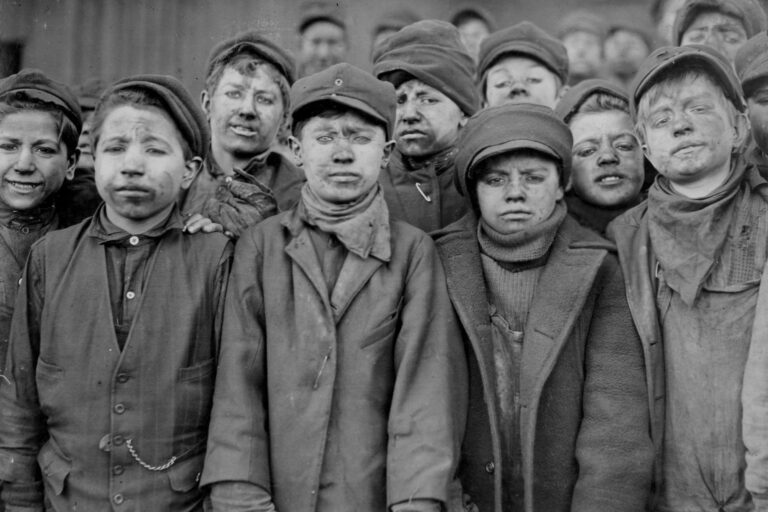
On Thursday, the Supreme Court imposed strict new limits on the Clean Water Act. The Court’s decision in Sackett v. EPA is likely to do serious harm to the government’s ability to quell water pollution, including in major waterways such as the Mississippi River and the Chesapeake Bay.
Meanwhile, Justice Clarence Thomas wrote a concurring opinion that would so severely limit Congress’s power to legislate that he might as well have taken several volumes of the United States Code and lit them on fire.
To be clear, a concurring opinion is not the law — it merely reflects the views of the justices who sign onto it. And this particular opinion is unlikely to garner five votes to become law unless the Court’s membership changes drastically. But that does not change the fact that Thomas (and Gorsuch, who joined his opinion) is one of only nine justices, and their views tend to shape the ideas of lawyers and judges throughout the legal system.
Read the story on Vox
Law students say UC Law SF ignored racism complaints
Less of This Too
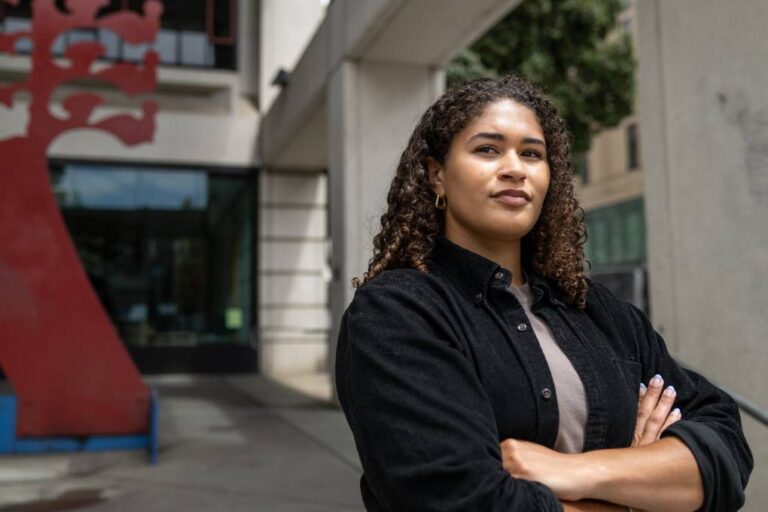
A group of students of color at UC College of the Law, San Francisco, allege the school downplayed multiple complaints of discriminatory behavior and racist marginalization on campus and claim administrators have done little to develop a more inclusive environment.
The issue became abundantly clear to Megan Wilhelm during her first year at the law school formerly known as UC Hastings.
“I would cry every day,” said Wilhelm, who just finished her second year at the school. “It got to the point where I didn’t know if I was going to come back that year. ‘Draining’ is the word I would use.”
During a legal research and writing class, Wilhelm was assigned an oral argument around workplace discrimination. The case involved an employee who called another employee the N-word, and Wilhelm was tasked with defending the perpetrator’s employer.
Read the story on KQED




